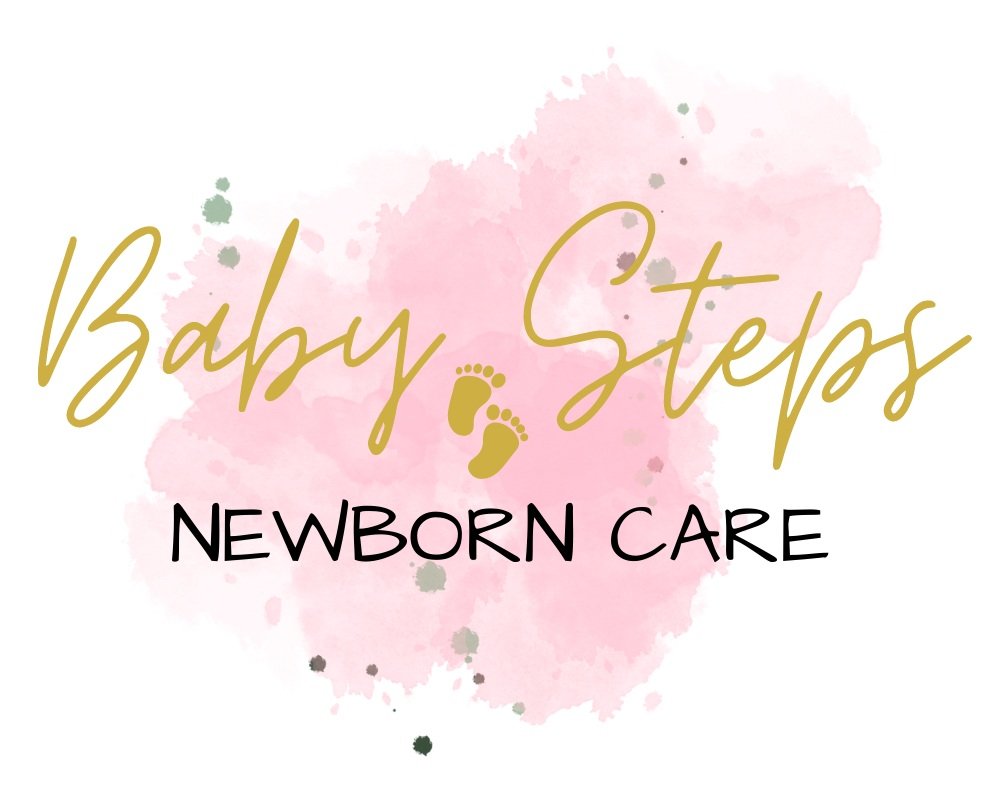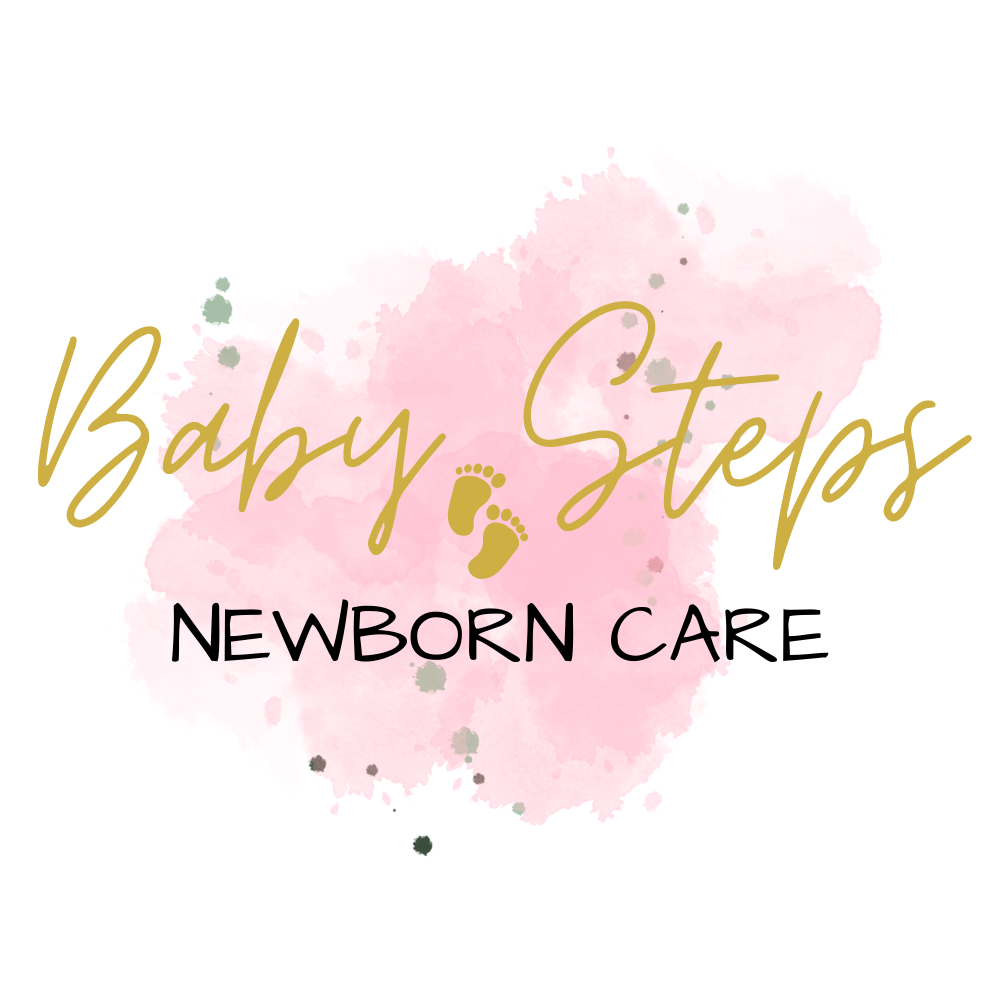
Postpartum
adjustment
Postpartum Adjustment
Becoming a new parent is stressful, and some difficulty adjusting to parenthood is considered normal.
For some new Mothers, the first weeks and months after childbirth are a time of emotional upheaval. Intense feelings of joy, exhaustion, fatigue, anxiousness, and happiness are common.
Most Mothers deal with these emotional ups and downs.
Up to 80% of new Mothers get what's called the “Baby Blues” - short-term dips in mood caused by all of the changes that come with a new baby.
Symptoms of the blues are usually short-lived and disappear on their own.
The hormonal drop during postpartum is the equivalent of going from taking 100 birth control pills a day to none by the third day after giving birth.
This dramatic drop represents the most significant hormonal shift in the human life cycle in the shortest time.
On top of that, you have a brand new life to care for while you navigate it all.
Give yourself grace, mama; you're doing an amazing job!
ANXIETY AND DEPRESSION DURING PREGNANCY AND POSTPARTUM IS REAL -AND SO IS FULL RECOVERY
What is PMAD?
Perinatal Mood and Anxiety Disorder (PMAD) is a broad term used to describe a range of emotional disruptions or disorders experienced during pregnancy or afterward.

New moms are tired, anxious, and overwhelmed.
There are multiple potential causes for mood and anxiety disorders: hormonal imbalance, stress, isolation, etc., but in the end, we cannot say for sure what causes these disorders.
Currently, hormones are receiving attention in the search for causes of pregnancy and postpartum mood and anxiety disorders.
Researchers have suggested that rapid changes in hormone levels, such as estrogen, progesterone, and thyroid, substantially affect women's moods.
We do know that mood disorders are not caused by anything that an expecting and new mom has done.



